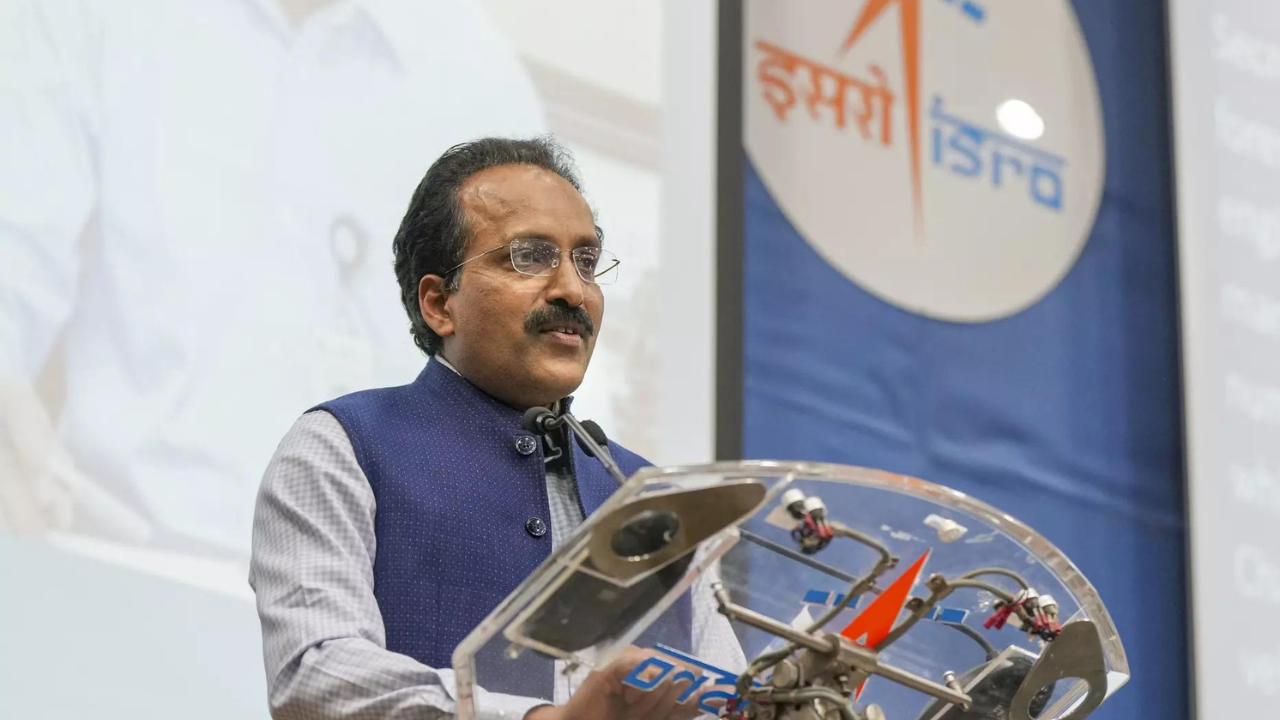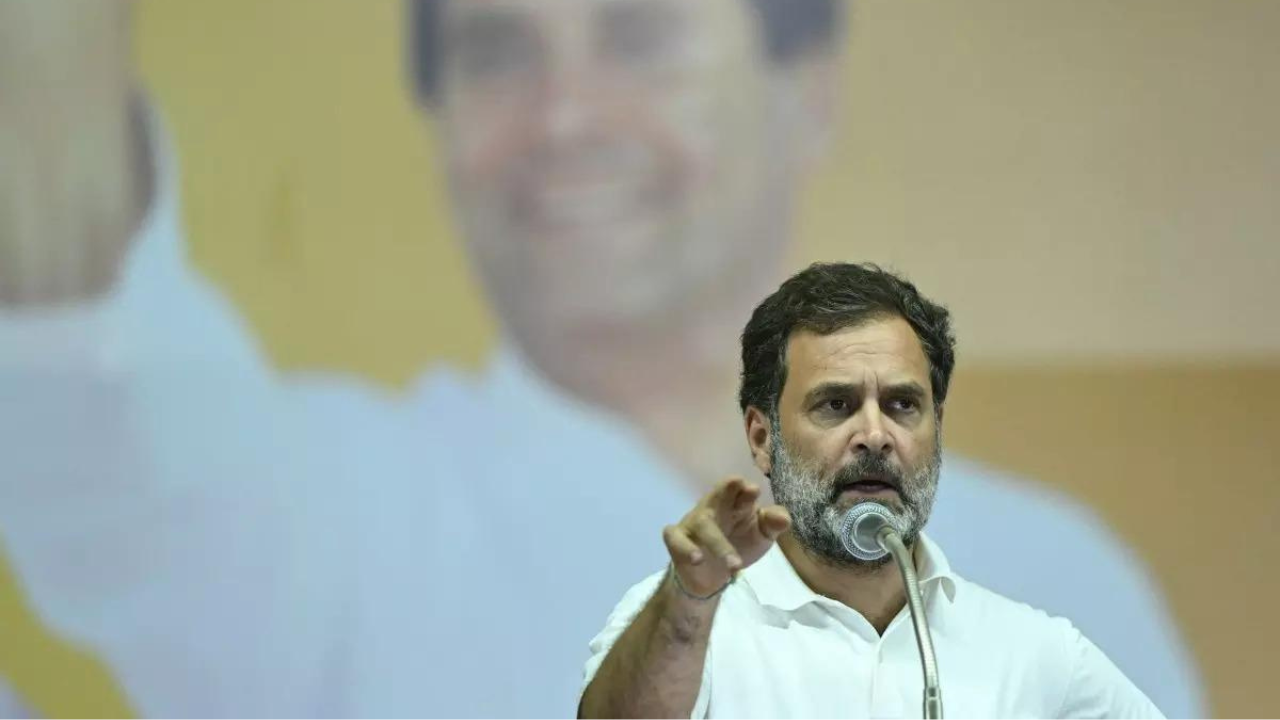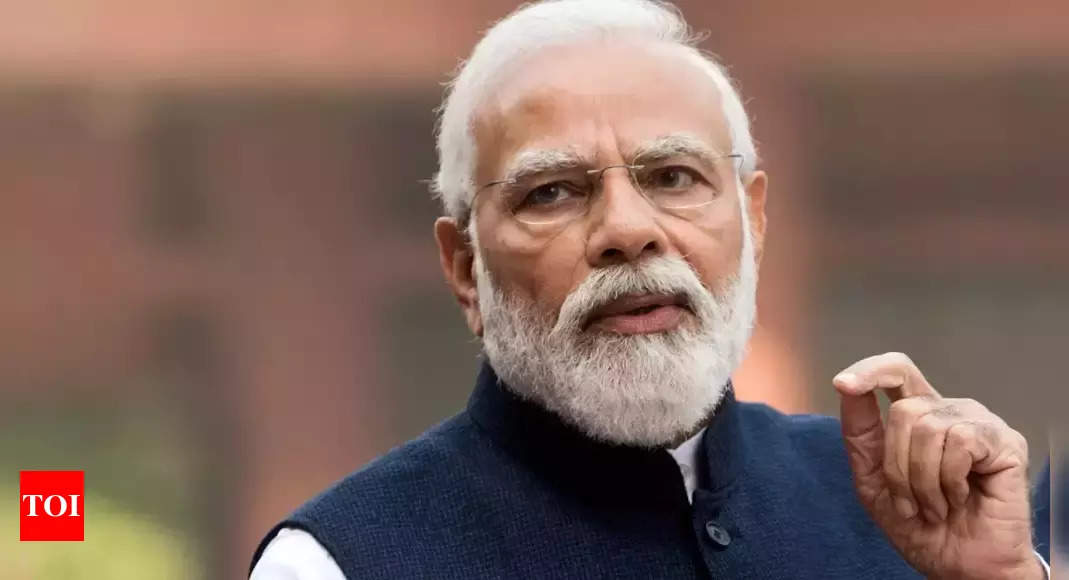Intellectual Property Rights

The World Intellectual Property Organization (WIPO) has designated April 26th as World Intellectual Property Day to increase awareness and understanding of intellectual property (IP). The theme for 2023 is "Women and IP: Accelerating Innovation and Creativity." This highlights the significant yet underrepresented role of women in innovation. According to WIPO data released in March 2023, only 16.2% of inventors named in international patent applications in 2022 were women, indicating slow progress in gender parity in this field.
What is Intellectual Property?
About: Intellectual property (IP) is a valuable asset in the modern age, promoting technological innovation and the arts. It encompasses creations of the mind, such as inventions, literary and scientific works, artistic works, designs, and more. IP can also refer to individuals whose reputation itself has commercial value.
IP Rights: WIPO sets rules to grant exclusive rights to creators and inventors, allowing them to benefit commercially from their efforts. These rights, known as Intellectual Property Rights (IPR), are legal protections that prevent unauthorized use or reproduction of the creator's work. Article 27 of the Universal Declaration of Human Rights outlines these rights.
Types: The main types of IP include:
- Patents: For inventions.
- Trademarks: For branding.
- Copyrights: For artistic and literary works.
- Trade Secrets: For confidential business information.
- Industrial Designs: For the appearance of products.
India and IPR
India is a member of the World Trade Organization (WTO) and adheres to the TRIPS Agreement, as well as being a member of WIPO. The National Intellectual Property Rights (IPR) Policy 2016 was adopted to guide future IPR development in India with the vision of "Creative India; Innovative India."
Patent Criteria in India
About: A patent is a statutory right granted for an invention for a limited time in exchange for full disclosure of the invention. It excludes others from making, using, selling, or importing the patented product or process without consent.
Term: The term of a patent in India is 20 years from the filing date of the application. For applications filed under the national phase of the Patent Cooperation Treaty (PCT), the term is 20 years from the international filing date.
Role and Importance of a Strong IPR Ecosystem
- Incentivizing Innovation: Legal protection and rewards for innovation encourage investment in research and development, fostering continuous technological and economic advancement.
- Collaboration and Knowledge Sharing: A robust IPR system promotes collaboration, technology transfer, and cooperation among industries and institutions.
- Government Support: The government provides a legal framework and enacts laws to protect IP rights, ensuring a secure environment for creators.
- Responsible Use and Benefit Sharing: A strong IPR ecosystem ensures fair benefit sharing and responsible use of intellectual property.
- Economic Growth and Competitiveness: A strong IPR system attracts investment, promotes economic growth, and enhances competitiveness in markets.
- International Relations and Trade: Compliance with international IP standards enhances trade relations and the export of innovative products.
- Public Health and Safety: Strong IP protection in areas like pharmaceuticals promotes the development of new medicines and technologies.
India’s Current Scenario
Initiatives: Significant changes to IPR laws have been made since 1999. Initiatives like the National IPR Policy, National IP Awareness Mission (NIPAM), and Kalam Program for Intellectual Property Literacy and Awareness Campaign (KAPILA) have strengthened India's IP regime.
Global Innovation Index (GII) Ranking: India was ranked 40th out of 132 in the GII 2022, improving from 46th in 2021 and 81st in 2015.
Visions: India aims to become Asia's Innovation Hub and a global manufacturing hub, with a target to become a developed nation by 2047.
Improving Women's Participation in IP
Education and Awareness: Promote STEM education for girls and women and encourage their participation in academic programs, workshops, and training sessions.
Mentorship and Role Models: Establish mentorship programs and highlight successful women innovators as role models.
Networking and Collaboration: Facilitate networking opportunities and create support networks for women in innovation and IP.
Funding and Resources: Provide access to funding, grants, and resources specifically for women innovators.
IP Training and Support: Offer specialized training programs on IP rights and provide assistance with filing applications and understanding licensing options.
Cultural Shift and Stereotype Breakdown: Challenge societal stereotypes and biases, promoting inclusivity and equal opportunities in innovation.
Conclution:
Traditional approaches may not be sufficient to tackle the challenges posed by India's large population. Innovative thinking and technology interventions are crucial for finding rapid and scalable solutions.













